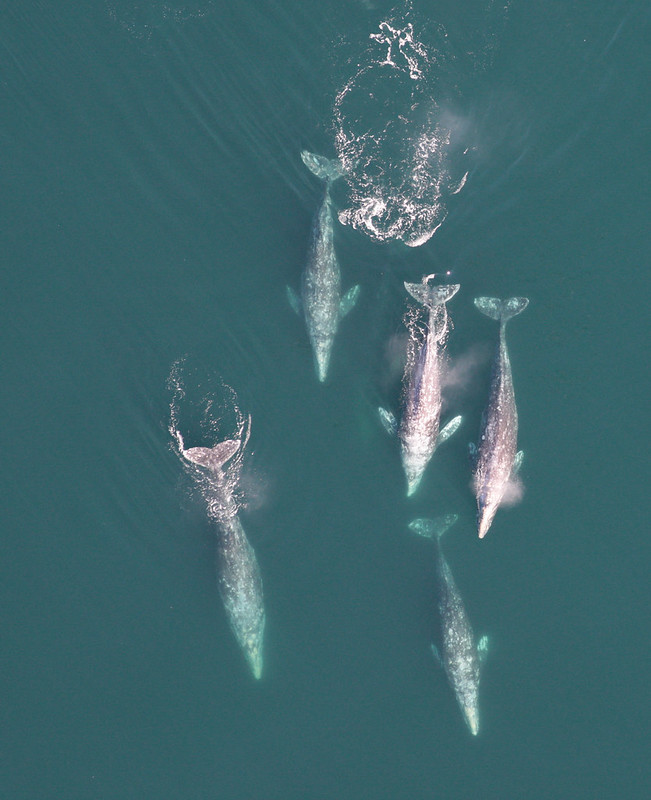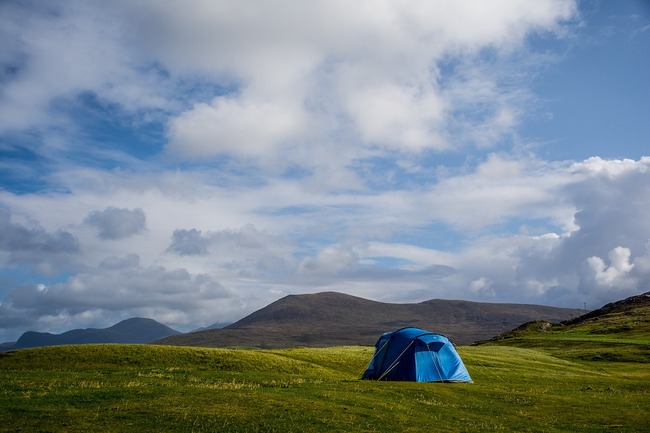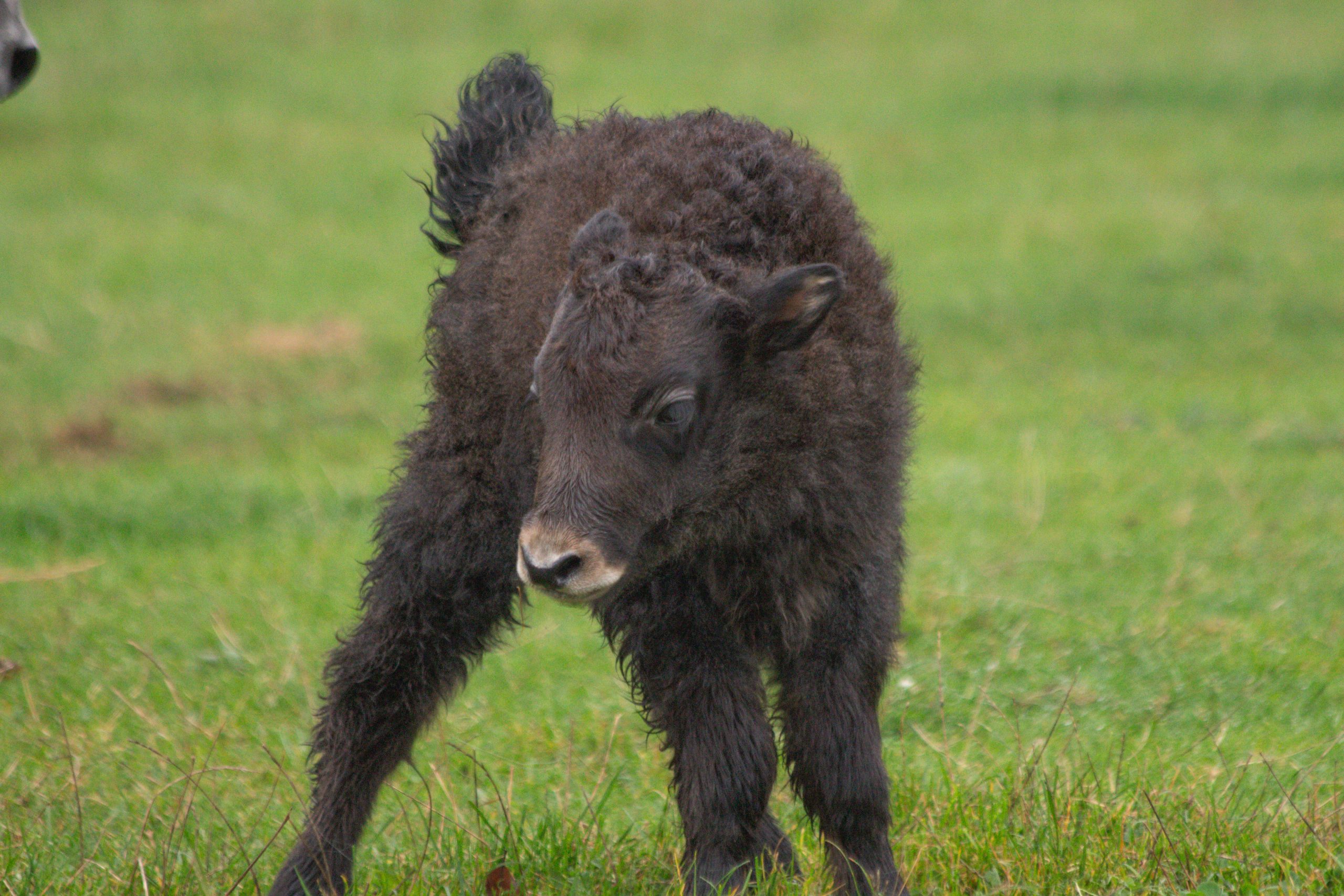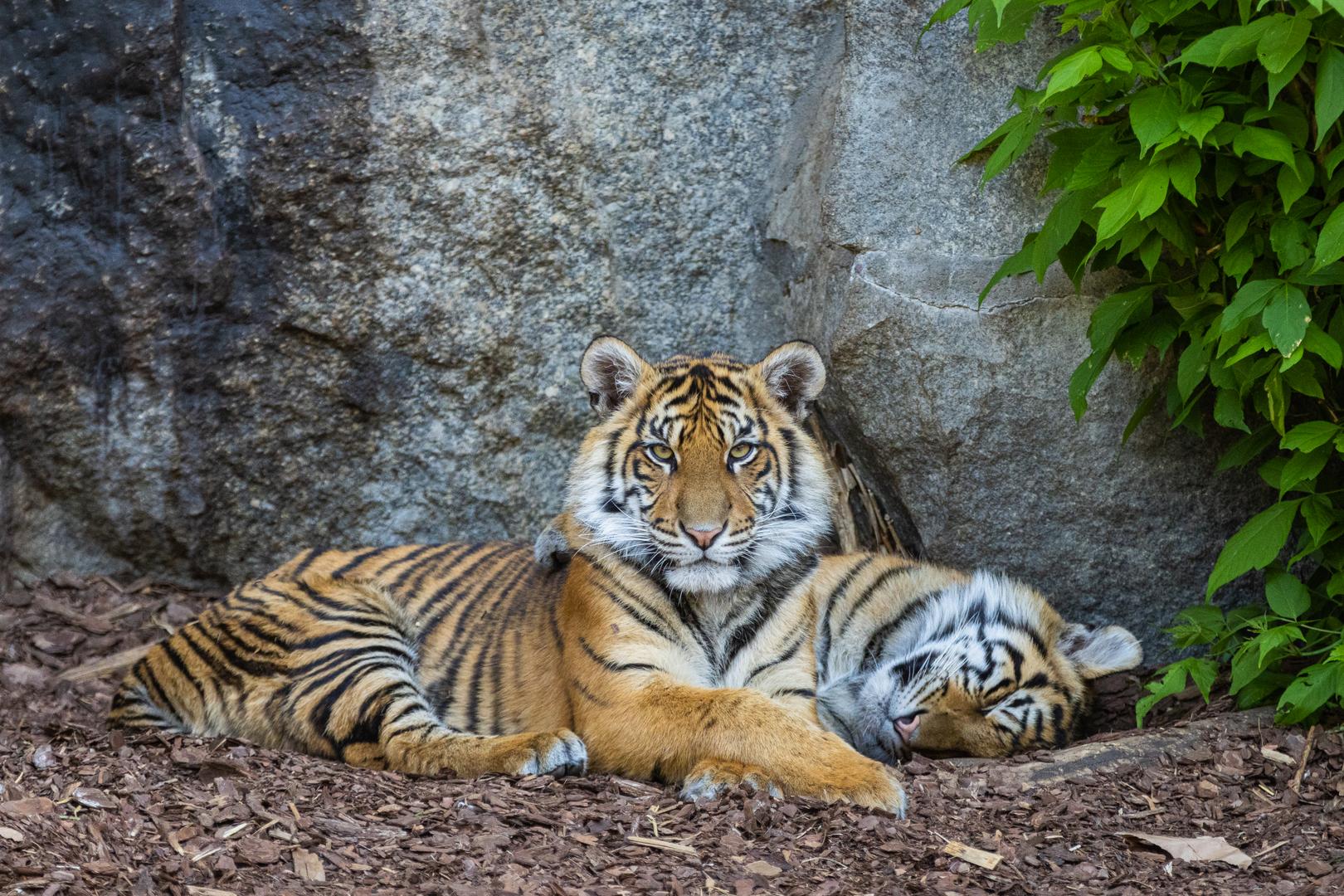The Arctic climate is undergoing significant changes, resulting in the largest die-off of whales since the 1980s, with eastern North Pacific Gray Whales bearing the brunt of these alterations.
Despite their remarkable adaptability, these grey whales face a substantial population decline due to environmental shifts. Starting in 2019, these changes have resulted in a staggering 25% decrease in their population.
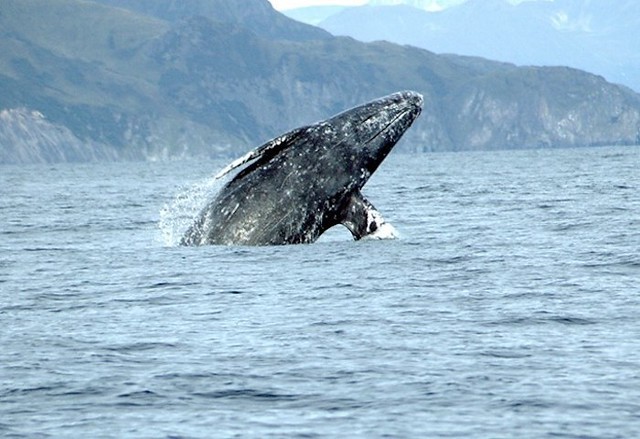
Joshua Stewart, the study’s lead author and assistant professor at Oregon State University’s Marine Mammal Institute, expressed his concern, stating, “These are extreme population swings that we did not expect to see in a large, long-lived species like grey whales.”
The primary driver of this decline is the changing weather conditions, which have reduced the population of the grey whales’ prey, making food sources increasingly scarce.
While unfavourable conditions have triggered die-off events, such as those in the 1980s and 1990s, they were not permanent and allowed the species to rebound quickly. However, the current situation is more dire.
The estimated population of Eastern North Pacific Gray Whales is only 14,500 individuals. These remarkable creatures undertake a migratory journey of more than 12,000 miles each year along the Pacific Coast.

Researchers at the National Oceanic and Atmospheric Administration Southwest Fisheries Science Center in California have been conducting long-term studies, monitoring population patterns since the 1960s. Their findings reveal a direct link between the decline in sea ice and the diminishing size of the whales’ prey.
As a result of these changes, Eastern North Pacific Gray Whales have become the world’s most closely studied whale species. Professor Stewart emphasized the complex factors: “With less ice, you get fewer algae, which is worse for the grey whale prey. All of these factors converge to reduce the quality and availability of the food they rely on.”

He is now urging people to take the future of these whales seriously and consider conservation efforts to help protect this iconic species in the face of rapidly changing Arctic conditions.
Disclaimers:
This content and images have been licensed to use by Jam Press, edited and syndicated by https://www.znewsservice.com/.
Should you have any questions relating to this content please get in touch with Jam Press via https://www.jampress.co.uk/contact-us/

